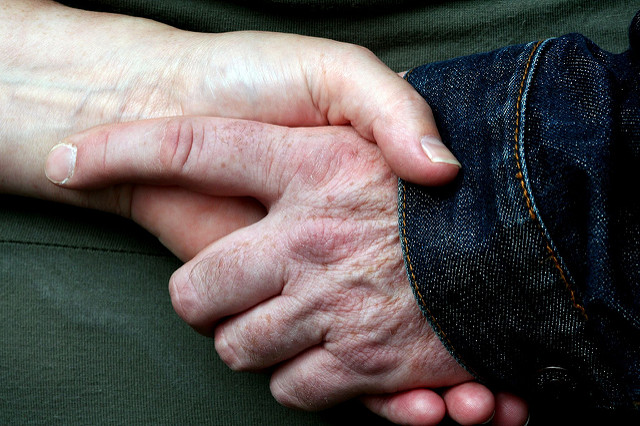
While a cancer diagnosis is already hard for the patient, it can also be difficult to the caregiver. If you have a loved one or a friend who is diagnosed with cancer, you are probably wondering what you can do to offer support, as well as to help out. Unfortunately, offering support and helping out isn’t as clear-cut as you would want it to be, as your concern might be misconstrued for meddling and your care might be misunderstood as nagging. However, you are steadfast in your determination to help out.
If this sounds like you, here are a couple of tips you can explore so you can support a loved one with cancer.
- Prepare yourself – This might be unexpected, particularly if you are not the one diagnosed with cancer, but you have to understand the importance of preparing yourself. Oftentimes well-meaning people find themselves conversing with cancer patients about the unfairness of the situation, of why the disease would fall on them when they are good people. Truth be told, the patients themselves have already probably thought of the same things. This has the side effect of the cancer patient having to be strong for you, instead of relying on you for strength.You have to take time to process your feelings and acknowledge all your emotions, before you can start to comfort your friend. Remember, your goal is to be their pillar of strength, and it wouldn’t be helpful to them if they have to help you sort out what you are feeling towards the situation.
- Simply be there – Most cancer patients say that the best support they received over the duration of their illness is when their friends and loved ones are simply there for them. See your friend, and not see them for their disease. Do not pity them, but instead remember that they are human beings. Try to understand them at times that they feel weak, particularly when they are battling with the side effects of the treatment.Above all, simply be there for them. Don’t forget to send loving messages through their treatment, or to accompany them to the doctor’s visit. This doesn’t mean sitting in the waiting room while they are being briefed by their doctor. Be inside the room with them, and serve as their ears if they do not want to listen. Ask the doctor the right questions, and remember the answers.You don’t have to impose your presence on your loved one, but just ensure that you are there for them when they need you. It could be that they need silence in the car on the drive home, or they want someone to laugh with. By simply being there and showing them your steadfast support, they would be able to recognize what you are doing for them. And in doing so, you would be strengthening your bond with them.
Remember that while cancer is a difficult diagnosis, nonetheless the patient of this disease is someone you care about. Do not treat them as an invalid, and instead support them as much as you can. Do not try to restrict them, as they already know what is good or harmful for them. Instead, be there, and show how much you care through your actions.


